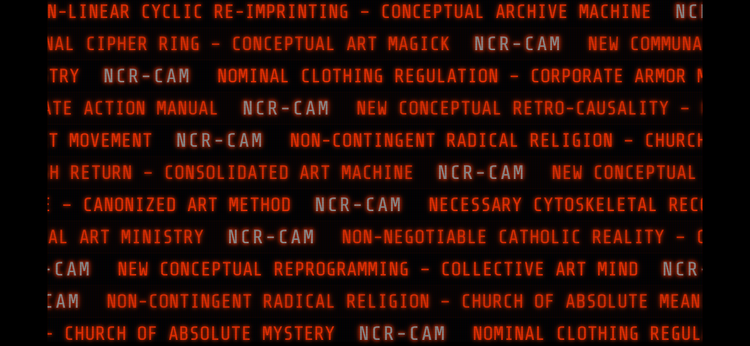Why trumps picks are bad

1. DOT: Sean Duffy
• Concerns: As a former congressman with limited experience in transportation policy or infrastructure management, Duffy may lack the technical expertise required to oversee a complex and critical agency like the Department of Transportation.
• Potential Conflict: His record suggests a strong partisan alignment, which could undermine fair allocation of transportation resources across states.
2. Energy: Chris Wright
• Concerns: If this is the Chris Wright linked to the energy industry, his background in oil and gas may lead to a bias toward fossil fuels, neglecting renewable energy initiatives critical for combating climate change.
• Potential Conflict: This could create a disconnect between the agency’s goals of sustainability and his industry affiliations.
3. Education: Linda McMahon
• Concerns: Linda McMahon’s professional background in entertainment and business does not align with the policy and administrative demands of leading the Department of Education. Her association with WWE’s controversial content further detracts from her credibility in promoting fairness and inclusivity in education.
4. VA: Doug Collins
• Concerns: While a staunch supporter of veterans, Collins has limited experience in managing large federal bureaucracies like the Department of Veterans Affairs. His partisan approach in Congress may overshadow bipartisan efforts to support veterans fairly.
5. DHS: Kristi Noem
• Concerns: Noem’s track record as governor of South Dakota includes polarizing stances on immigration and pandemic management. Her leadership could reflect political bias, which is dangerous for a role tasked with protecting national security.
• Potential Conflict: Her alignment with hardline immigration policies may not represent fair treatment of diverse populations.
6. EPA: Lee Zeldin
• Concerns: Zeldin’s voting record in Congress reflects skepticism toward climate change policies and environmental regulation, which could undermine the EPA’s mission to protect the environment and public health.
• Potential Conflict: His ties to the fossil fuel industry and opposition to renewable energy initiatives raise concerns about fairness in environmental governance.
7. ODNI: Tulsi Gabbard
• Concerns: While Gabbard has foreign policy experience, her controversial positions, such as engagement with authoritarian regimes, may raise questions about her alignment with democratic values in overseeing U.S. intelligence.
• Potential Conflict: Critics argue that her divisive rhetoric might undermine trust in intelligence operations.
8. UN: Elise Stefanik
• Concerns: Stefanik’s increasing alignment with hyper-partisan politics could compromise her ability to represent the U.S. diplomatically at the United Nations.
• Potential Conflict: Her political positioning may not align with the cooperative and multilateral ethos required at the UN.
9. CIA: John Ratcliffe
• Concerns: As a former DNI with a partisan reputation, Ratcliffe’s role in overseeing the CIA might prioritize political agendas over unbiased intelligence collection and analysis.
• Potential Conflict: His controversial past raises concerns about fairness and nonpartisanship in national security decisions.
10. Defense: Pete HegsetH
• Concerns: Hegseth’s military experience does not extend to the strategic and administrative demands of leading the Department of Defense. His controversial views on foreign policy may undermine efforts to maintain global alliances.
• Potential Conflict: His partisan affiliations may interfere with the nonpartisan mission of the military.
11. AG: Pam Bondi
• Concerns: Bondi has faced ethics concerns, including allegations of accepting political donations in exchange for declining to pursue cases, which could undermine the impartiality of the Department of Justice.
• Potential Conflict: Her track record raises concerns about prioritizing justice over political loyalty.
12. Interior: Doug Burgum
• Concerns: While experienced as a governor, Burgum’s ties to the energy sector could lead to prioritizing industry interests over protecting public lands and natural resources.
• Potential Conflict: This could undermine the fair administration of environmental and conservation policies.
13. Commerce: Howard Lutnick
• Concerns: As CEO of Cantor Fitzgerald, Lutnick represents corporate finance interests, which may conflict with promoting fairness for small businesses and labor rights.
• Potential Conflict: His corporate background raises questions about whose interests he would prioritize.
14. HHS: Robert F. Kennedy Jr.
• Concerns: Kennedy’s controversial anti-vaccine rhetoric conflicts with the Department of Health and Human Services’ role in promoting public health and scientific evidence.
• Potential Conflict: His leadership could undermine trust in science-based health initiatives, jeopardizing fair and effective public health programs.
Summary
Each candidate presents potential challenges in their suitability for the roles due to their lack of expertise, partisan bias, or conflicts of interest. Such appointments risk undermining the principles of fairness, nonpartisanship, and competence essential for these critical government positions.






Member discussion